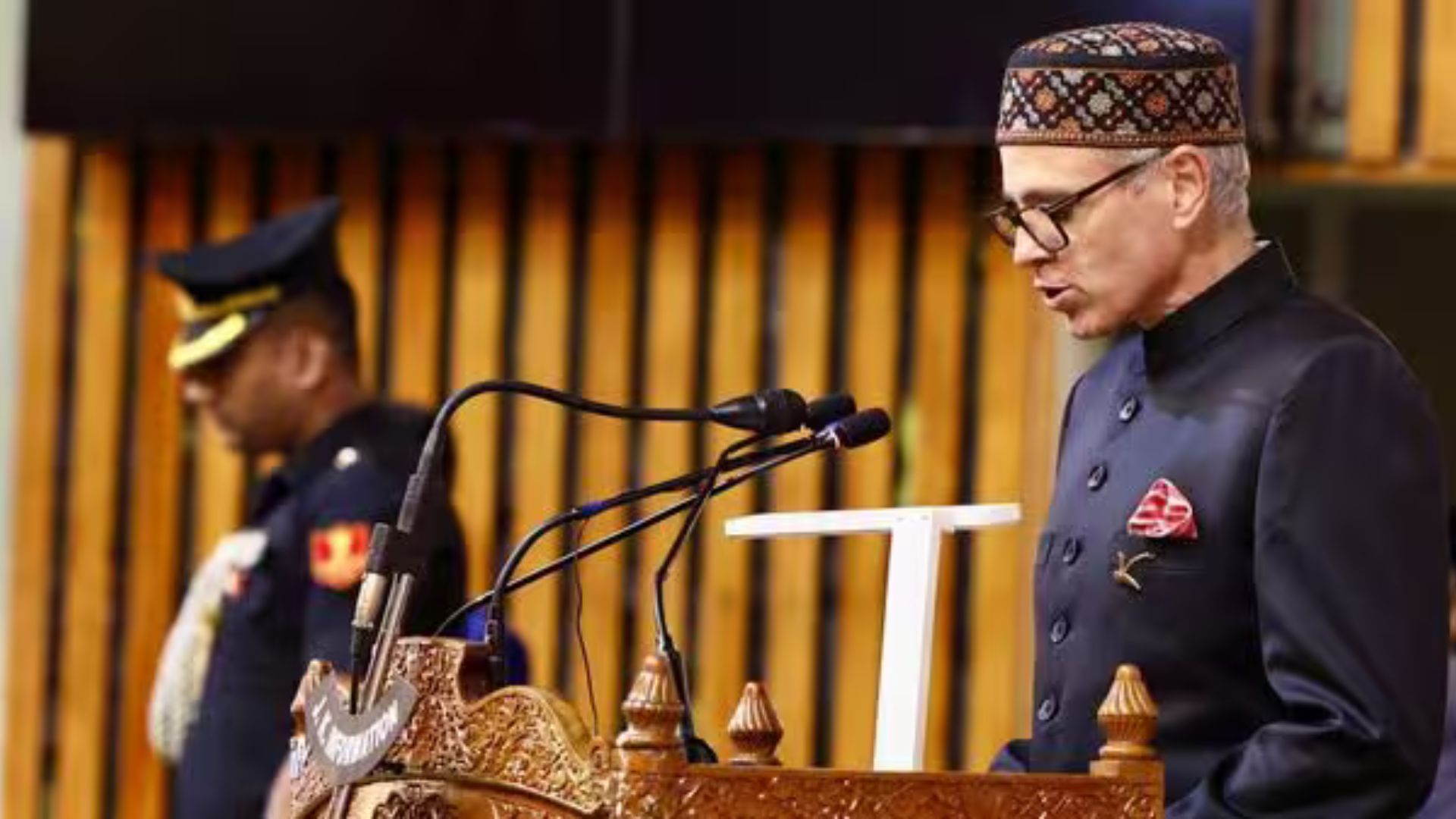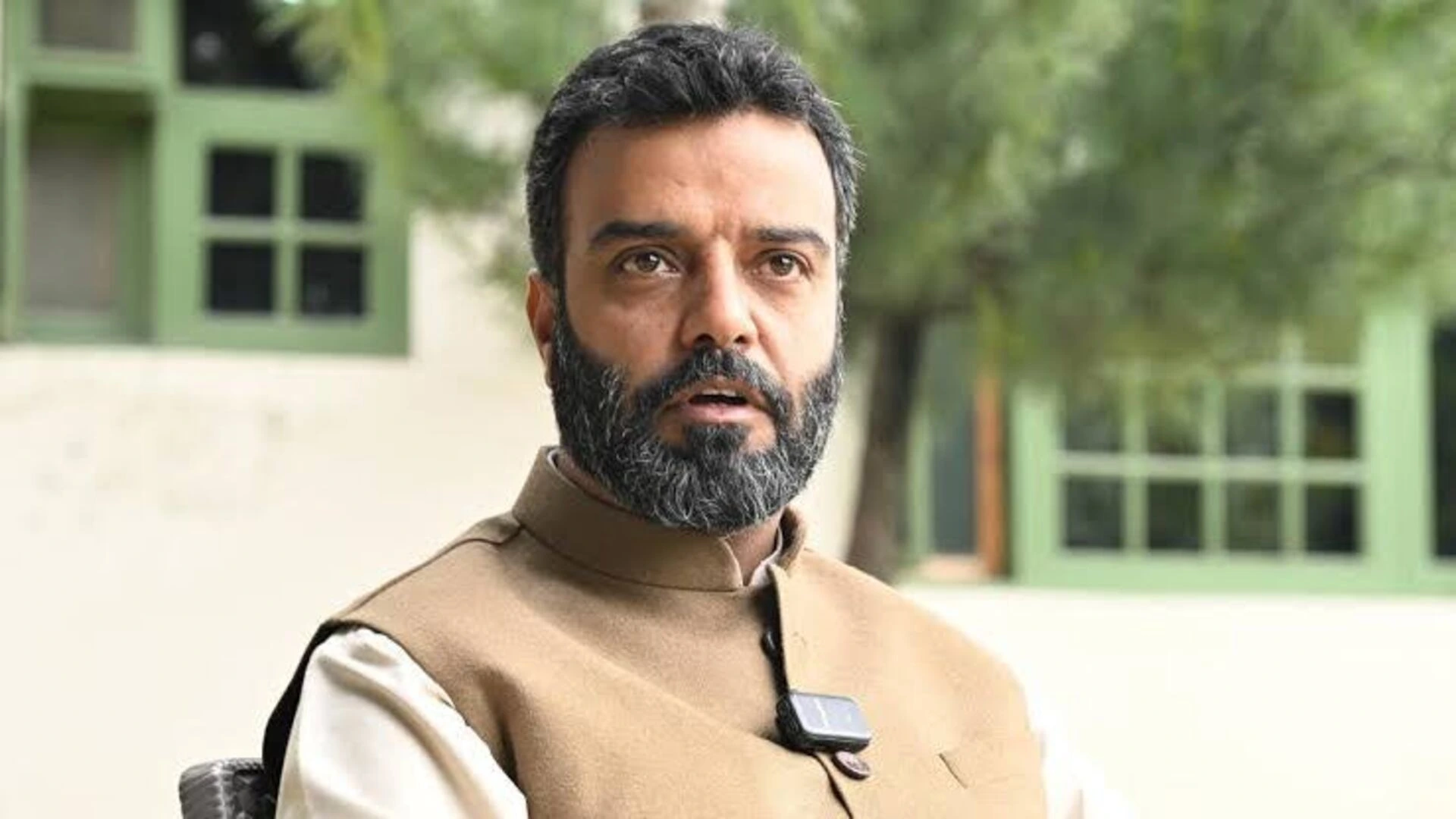Jammu and Kashmir Chief Minister Omar Abdullah appointed Surinder Choudhary from Nowshera as his deputy on Wednesday, emphasizing the decision aimed to amplify the voices of the region’s residents and ensure an inclusive government.
“Our endeavour will be to take everyone along,” Abdullah stated to reporters following his swearing-in ceremony. Alongside him, five ministers—Sakina Masood (Itoo), Javed Dar, Javed Rana, Surinder Choudhary, and Satish Sharma—also took the oath of office. Abdullah noted that there are three vacancies in the cabinet, which “will gradually be filled.”
He explained that Choudhary, a former member of both the PDP and BJP who notably defeated BJP’s J-K president Ravinder Raina by 7,819 votes, was selected as deputy chief minister to ensure the people of Jammu feel represented in the government.
“I had said that we will not allow Jammu to feel that they do not have a voice or representatives in this government. I have chosen a deputy chief minister from Jammu so that the people of Jammu feel that this government is as much theirs as it is of the rest,” he asserted.
In the 2014 assembly elections, Raina had won the Nowshera seat by defeating Choudhary, who was then contesting on a PDP ticket, by a margin exceeding 10,000 votes. Choudhary left the PDP in 2022 to join the BJP but ended that association to join the National Conference in July of the following year.
This marks the first elected government since 2019, when Article 370 was revoked in Jammu and Kashmir, leading to the division of the state into the union territories of Jammu and Kashmir, and Ladakh.
In the recent assembly elections, the National Conference secured 42 out of 90 seats, while its alliance partner Congress won six, giving the coalition a majority in the 95-member assembly, with five members to be nominated by the Lieutenant Governor.







